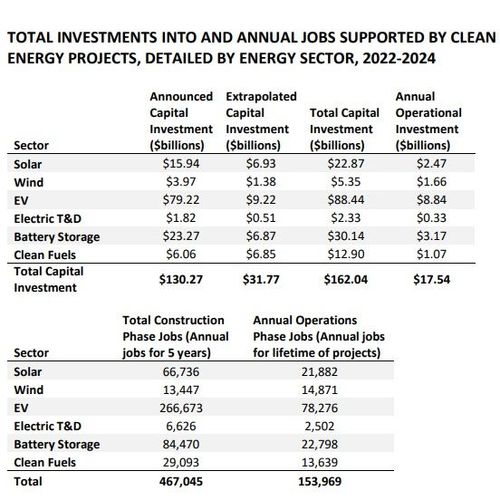E2 analyzes implications of possible IRA repeal

SOURCE: E2
October 23, 2024
BY Erin Voegele
Advertisement
Advertisement
Related Stories
A group of 70-plus stakeholders in the e-SAF industry are encouraging EU officials to implement five policy changes to encourage e-SAF development. The suggested changes aim to overcome investor barriers and accelerate progress.
Natural Resources Canada’s Energy Innovation Program has announced it is now accepting applications for funding to support clean fuels production and clean fuels transportation and storage projects.
The Minnesota Senate Taxes Committee on March 3 voted to approved legislation that aims to extend and expand the state’s existing tax credit for sustainable aviation fuel (SAF), which was established in 2023.
The U.K. government on March 3 opened a public consultation on a SAF revenue certainty scheme, which aims to reduce financial risks for emerging SAF producers. The scheme complements the U.K.’s SAF mandate, which came into force Jan. 1, 2025.
The U.S. strongly objects to a recommendation on “sustainable” aviation fuels focused on multi-cropping made during the 13th triennial meeting of the ICAO Committee on Aviation Environmental Protection.





